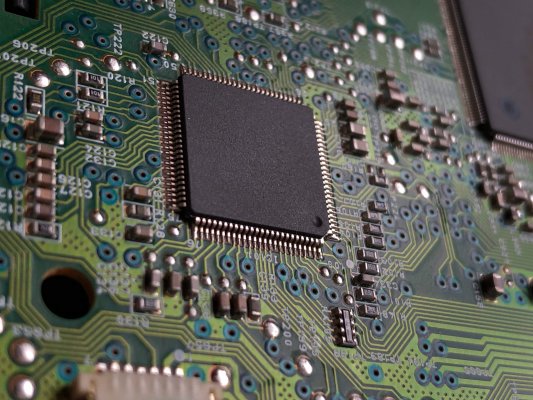IP PBX (Internet Protocol Private Branch Exchange) represents a PBX system. This system is built over an IP-based architecture for delivering and managing voice communication services.
The main purpose of IP PBX is to provide similar functionality to that of traditional PSTN- based PBX systems. IP PBX can be provided by an internet service provider, it can be hosted in house or it can be provided by a telecom operator.
IP PBX has the ability to forward, route the calls between VoIP networks to PSTN and PSTN to VoIP and even the ability to switch calls. PBX services have built-in software that supports both PSTN and VoIP devices. The purpose of this software is to help the PBX service to manage both public switched telephone protocols and voice over IP protocols.
This IP PBX specialized system assesses the best way to rout several calls simultaneously. Its efficiency allows business users to share limited resources, like a set number of external phone lines. IP PBX system are mostly software and they are built to work with packet-switched networks. This means that they can handle voice calls, data, video calls and they can link up with applications like Outlook.
The IP PBX system determines how to handle the call and where it needs to go. IP PBX makes unified communication possible. Unified communication (UC) is simply a business communication across an organization. It can include voice calls, video and web conferencing, data sharing, SMS, chat, extension mobility, and the list goes on and on…
IP PBX represents a lot of things: a unified communication system, a business phone system or simply a PBX. Anyway, all these different name mean the same thing. The essence is that businesses make phone calls by using a centralized switching system rather than numerous independent phone lines.
One of the main advantages of an IP PBX is the fact that it employs converged data and voice networks. So, it means that internet access as well as VoIP communications are possible using a single line for each user. This provides flexibility as an enterprise grows and can also reduce long-term operation and maintenance costs. Also, just like traditional PBX, an IP PBX is owned by the enterprise.
IP PBX systems handle internal traffic between stations and act as the gatekeeper to the outside world.
A traditional PBX is made of two elements: stations and lines. The lines are the connection to the global public switched telephone network and stations represent telephones or other endpoint devices such as fax machines, credit card terminals and modems.
Companies that are using IP PBX don’t need dedicated IT departments or some sophisticated training to use and update their system, because IP PBX systems require less technical knowledge and maintenance. IP PBX systems can lower monthly costs even if there is a high number of users. The company doesn’t have to sign any contracts with a hosting company because support, upgrades and maintenance are usually inexpensive.
Companies can have phone access from home or from other locations, but for that they need to add a remote or branch extension to a system and users need another IP phone and an internet connection.
The drawbacks
One of the most important things to know is that an IP PBX system is only as reliable as the internet connection it uses. If there is no electricity, if there is no internet connection or there are equipment malfunctions, the telephone system can’t work.
Also, calls will decrease in sound quality if internet signal and broadband strength are low or faulty.





